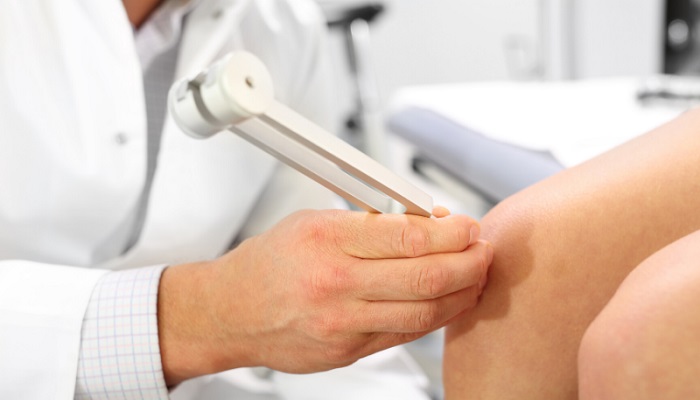One of the most common complaints that doctors hear is “I have pain in my leg.” While this can be caused by a number of different factors, such as muscle strains or arthritis, it can also be a symptom of more serious conditions, such as blood clots or nerve damage. As a result, it is important for doctors to carefully evaluate patients with leg pain in order to determine the cause.
Leg problems are common, and many people experience them at some point in their lives. In most cases, simple home remedies can help resolve the issue. However, there are times when leg problems indicate that you need to see a specialist. If you have any of the following symptoms, it is important to consult with a doctor as soon as possible.
Leg pain can have a variety of causes, from simple muscle cramps to more serious conditions such as nerve damage or blood clots. In most cases, leg pain is the result of overuse or injury. For example, runners may experience leg pain after running long distances, and dancers may develop leg pain from repetitive stress on the joints.
Sometimes, leg pain can also be caused by medical conditions such as arthritis or tendonitis. If you are experiencing leg pain, it is important to consult with a doctor to determine the cause. In most cases, leg pain can be treated with home remedies such as rest, ice, and elevation. However, if the pain is severe or persists for more than a few days, you should seek medical treatment at a Dublin vein clinic.
One of the first things that doctors will do is to take a medical history and ask about any other symptoms that the patient is experiencing. They will also perform a physical examination, during which they will check for signs of swelling, redness, and tenderness. In some cases, doctors may also order imaging tests, such as x-rays or MRIs, to get a closer look at the affected area. Based on their findings, doctors will then develop a treatment plan that may involve medication, physical therapy, or surgery. By accurately diagnosing the cause of leg pain, doctors can help their patients find relief and prevent further complications.
Muscle cramps
Many people experience leg cramps at some point in their lives. The condition is usually benign and self-limited, meaning that it will go away on its own. However, leg cramps can occasionally be a sign of an underlying medical condition. Therefore, it is important to be aware of the potential causes of leg cramps and to seek medical attention if the condition persists or if it is accompanied by other symptoms.
If you are taking any medications that could potentially cause leg cramps, talk to your doctor about other options. If leg cramps persist or are accompanied by other symptoms, it is important to see a doctor so that underlying causes can be ruled out.
Varicose veins
Varicose veins are a common condition caused by weakened valves in the veins, which allow blood to pool in the legs. This can cause the veins to become enlarged and twisted. Varicose veins can cause a number of symptoms, including leg pain, swelling, cramping, and fatigue. In severe cases, the condition can lead to skin ulcers and blood clots.
While varicose veins can be painful and uncomfortable, there are several treatment options available. In most cases, treatment involves wearing special stockings or taking oral medications. In more severe cases, surgery may be necessary to remove the affected veins. With proper treatment, varicose veins can be effectively managed.
Deep vein thrombosis
Leg pain can have many different causes. It can be caused by an injury, arthritis, or even a blood clot. Deep vein thrombosis (DVT) is a blood clot that forms in a vein deep inside the leg. DVT usually occurs in the calf or thigh. Symptoms include: pain, swelling, redness, and warmth in the affected limb. If left untreated, DVT can cause serious health complications, including pulmonary embolism.


















